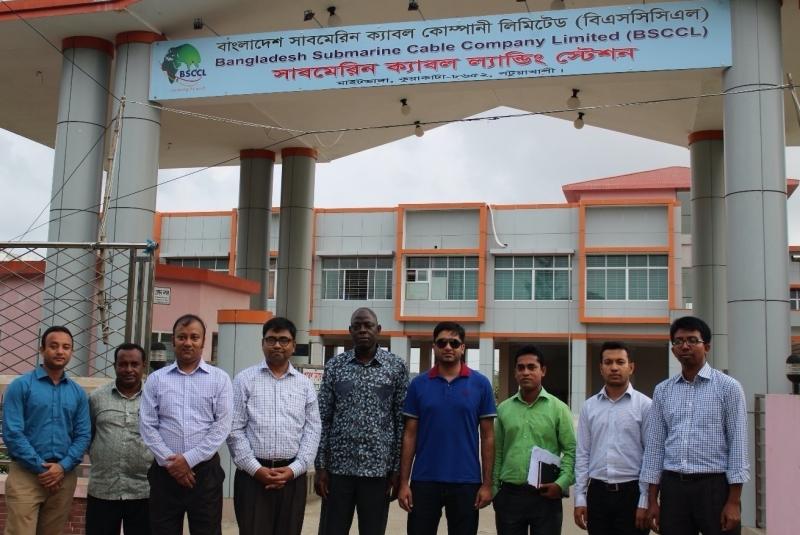Information & Communications Technology
Information and communications technology (ICT) has become increasingly part of daily life and a driver of inclusive economic growth, social stability, and sustainable development. ICT knows no borders between countries, regions, cultures, and sectors. It is global and cross-sectoral. Increased access to ICT, particularly high-speed internet services (broadband), helps to deliver improved financial services, as well as social services, such as health and education.
There are two key trends in upcoming ICT technologies that will have a significant impact on the development of countries globally. These are 5G mobile networks and the internet of things (IoT). From 2020 onwards 5G mobile networks will provide a major boost in global ICT development. Other trends that will have a positive impact on global development include smart cities, smart grids, self-driving vehicles, big data, cloud computing, 3D printing, artificial intelligence, and robotics, among others.

ISDB PCR Mission Team with BSCCL Officials in front of Kuakata Cable Landing Station of Regional Submarine Telecommunications Project financed by IsDB
The Islamic Development Bank (IsDB) plays a strategic role in supporting Member Countries (MCs) to achieve their socio-economic objectives through financing ICT projects and programs. The Bank has financed several major ICT infrastructure projects including submarine cables, fiber optics backbone, modernization of postal services and telecentres etc. In addition, the Bank has also financed many capacity building programs through ICT. The Bank has financed Telecommunication Network Project in Turkmenistan, ECOWAS fiber optics backbone projects in Sierra Leone and Gambia providing infrastructure for the whole country and enabling fiber connection with neighboring countries, submarine cable system projects in Bangladesh and Djibouti where branch cables were provided to connect to more than 20 countries from South East Asia to Europe.
The financing of the above ICT projects was done in close cooperation with our partners at the African Development Bank and the World Bank. We continue to work with our Member Countries and partners to support regional connectivity in order to achieve increased ICT development. The thrust of IsDB for the sector is increasing with new projects being processed on an annual basis.
The financing of the bank in the sector in IsDB Member Countries in the past has been mainly focused on communications infrastructure. However, while the extension of communications infrastructure could be necessary to stimulate private sector growth and create job opportunities in certain IsDB-MCs, relevant to all IsDB-MCs is that ICT interventions should also aim to build human capacity and capability (in education, health, public services and agriculture etc.) and create the opportunity for inclusive development. For this reason, it is the first time in the history of IsDB that the Bank has developed its ICT policy in 2019, which will guide IsDB on its future interventions related to ICT.
Technological development is commonly known as the main driver behind employment and economic growth. Increased innovations for information and communication technologies (ICTs) have, in particular, been held to be the primary transformer for economic processes in production and trade during the recent decades. In future, rapid innovation around the Internet of Things, advanced robotics, artificial intelligence and big data will further generate substantial gains across the entire global economy.
There are substantial deficits in ICT infrastructure in many countries and regions particularly in Africa, and these are expected to grow with time. In addition to the provision of international, regional, and domestic infrastructure for improving connectivity to existing services, particularly for "last-mile" connectivity in rural and remote areas, additional infrastructure investments will be required to cater for increasing global data flows and upcoming ICT technologies such as 5G mobile networks. In addition, sustainable operations and maintenance (O&M) will be critical. The private sector has and will invest in ICT infrastructure and services where there is a strong business case and where profits can be made. To ensure affordable access and connectivity, public investment in ICT infrastructure is needed in areas, where the private sector has no interest to invest such as remote and rural areas.